Textile Design Hubs
Textile Design Hub

Introduction
Textile Design Hub: A unique opportunity for an international investor to drive innovation and growth in the textiles sector.
This includes the production of textiles and garments using renewable energy and sustainable processes.
The Lesotho public and private sector seek an international investor and technical partner for this unique project and to showcase national resources
Convenient
export to neighboring
markets in the
SADC region.
Strengths &
Opportunities
Lesotho’s base of graduates, skilled textiles workforce and university innovation hubs will feed into the design hub. Mentorship, trade access, technical support and finance will be the key elements of the design hub’s offering. Partners will include major manufacturers, brands and institutes in the global garments and textiles industry.
WORK AREA HOLDS
POPULATION OF 2.14M
The estimated labour market for innovation/ ICT employment is potentially up to 5,000.
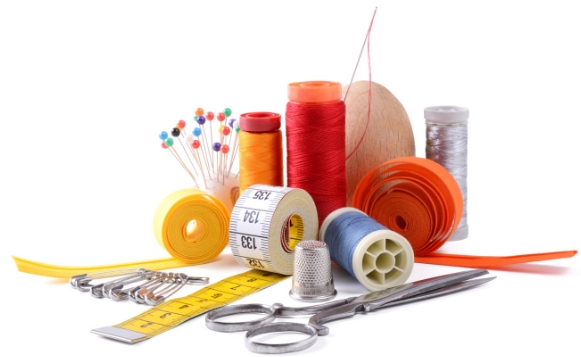
The fashion design and materials sector is a niche part of global textiles and garments. Lesotho features a unique culture of design. It also has a commitment to sustainably produced natural materials (including leather, wool, mohair, new vegetable materials). This is supported by a burgeoning international garments and textiles industry as well as textiles and graphic designers.
Additional sub sectors and activities present opportunities in export oriented industries including work-wear, textiles accessories such as buttons and zips, blankets, car seat covers and other automotive textiles.
Lesotho can contribute to global industry innovation and the production of safe textiles and garments using renewable energy. The elimination of potentially haLSLdous substances and improved production processes fits with Lesotho’s unique natural environment. Examples include the development of new and sustainably produced textile materials, as well as anaerobic digestion and composting processes at key stages of the value chain.
Strengths &
Opportunities
At present, Lesotho relies on South Africa’s infrastructure for compliance with international markets standards and technical regulations.
The country also seeks to strengthen its intellectual property (IP) commitments in order to exploit indigenous designs and move up the value chain.
The Lesotho design hub will be a key contributor to design, innovation and technology transfer, working closely with other innovation centres in the country and in neighbouring South Africa.
As the first of its type to be established in Lesotho, investors can be assured of the full support of the government, local stakeholders and international development institutions.
- Unique culture of design.
- Access to sustainably produced natural materials (including leather, wool, mohair, new vegetable materials).
- A burgeoning Lesotho indigenous garments and textiles industry.
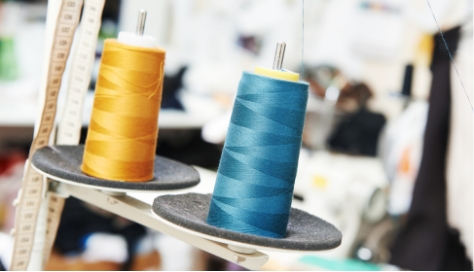
For this, it seeks to stimulate partnerships with
design hub investors, major manufacturers,
brands and institutes in the global garments
and textiles industry.
Furthermore, the government of Lesotho is determined to respond to the impact of climate change and take preventative measures in its own industry.
Markets
Lesotho’s membership of SADC and SACU allows Lesotho to export deciduous fruit to SADC countries without being subject to quotas or tariffs. The estimated market size is 300 million consumers. Lesotho’s geographical position and good road connections with South Africa permit short lead times and reasonable costs to transport produce from the Maseru area to Johannesburg, Cape Town and Durban (the port of dispatch for exports by sea). Lesotho has already trialled the export of fruit to South Africa to supply supermarket chains, with encouraging results.
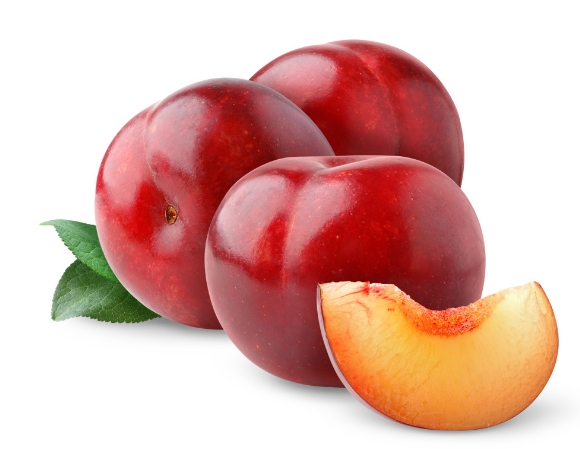
Apricots and peaches are AGOA-eligible, so they can be exported to the USA, provided that US health standards are met. That potentially opens up a market of 300 million consumers. Apples, apricots, peaches and plums may also be exported tariff-free to the EU under the EU/SADC EPA, again subject to compliance with relevant standards. The 27 EU member states have a population of around 450 million.
Beyond those markets Lesotho could also exploit its trade preferences under the Generalized System of Preferences to export to countries such as China, Japan, Australia, Canada and Turkey.
Fiscal Incentives
Corporate tax: 10% on profits from sales of agricultural goods produced in Lesotho Training: Cost of Lesotho citizens allowable at 125% for tax purposes
Withholding tax:
- 10% on service contracts with non-residents
- 25% on dividends distributed from income by resident companies to non-resident shareholders
- No withholding tax on dividends distributed to Lesotho residents
VAT:
- 15% on goods and services sold in Lesotho
- 0% on direct exports
Risk guarantees:
- Partial credit guarantee through the LNDC
- Tailor-made, agriculture-specific loan through the Post Bank of Lesotho
Specific incentives for the horticulture sector:
- Access to a Sesotho language technical training manual for local workers in on-farm and crop management
- Access to demonstration and crop pilot plots
- Facilitation support to identify and mobilize village level farmer engagement
- Access to technical data on historical crop performance
Support from the LNDC includes:
- Serviced industrial and commercial sites at competitive rentals
- Provision of industrial and commercial buildings at competitive rentals
- Financial assistance on a selective basis
- Investment facilitation services
- Assistance with permits and licenses
- Assistance with company registration
- Assistance with industrial relations issues
- Appraisal of investment projects
- Assistance with preparation of project briefs for the Environment Impact Assessment (EIA) Certification
The project would align with SDGs 1, 2, 8, 9, 10 and 15.
Belo Industrial Park, Butha Buthe.
Financial Analysis
LSL* 302k
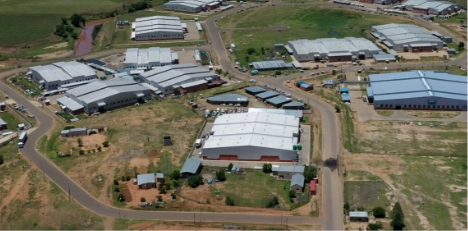
LSL* 185k
LSL* 280k
in year 10. Similarly, the projected cash flows
of the envisaged project indicate that it will generate positive net cash flows throughout the 10-year operational period.
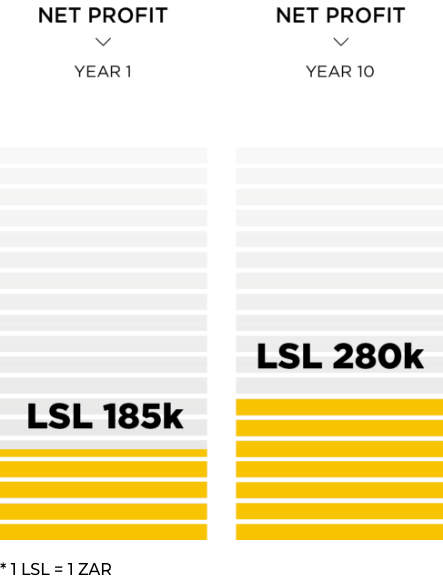
Financial Analysis
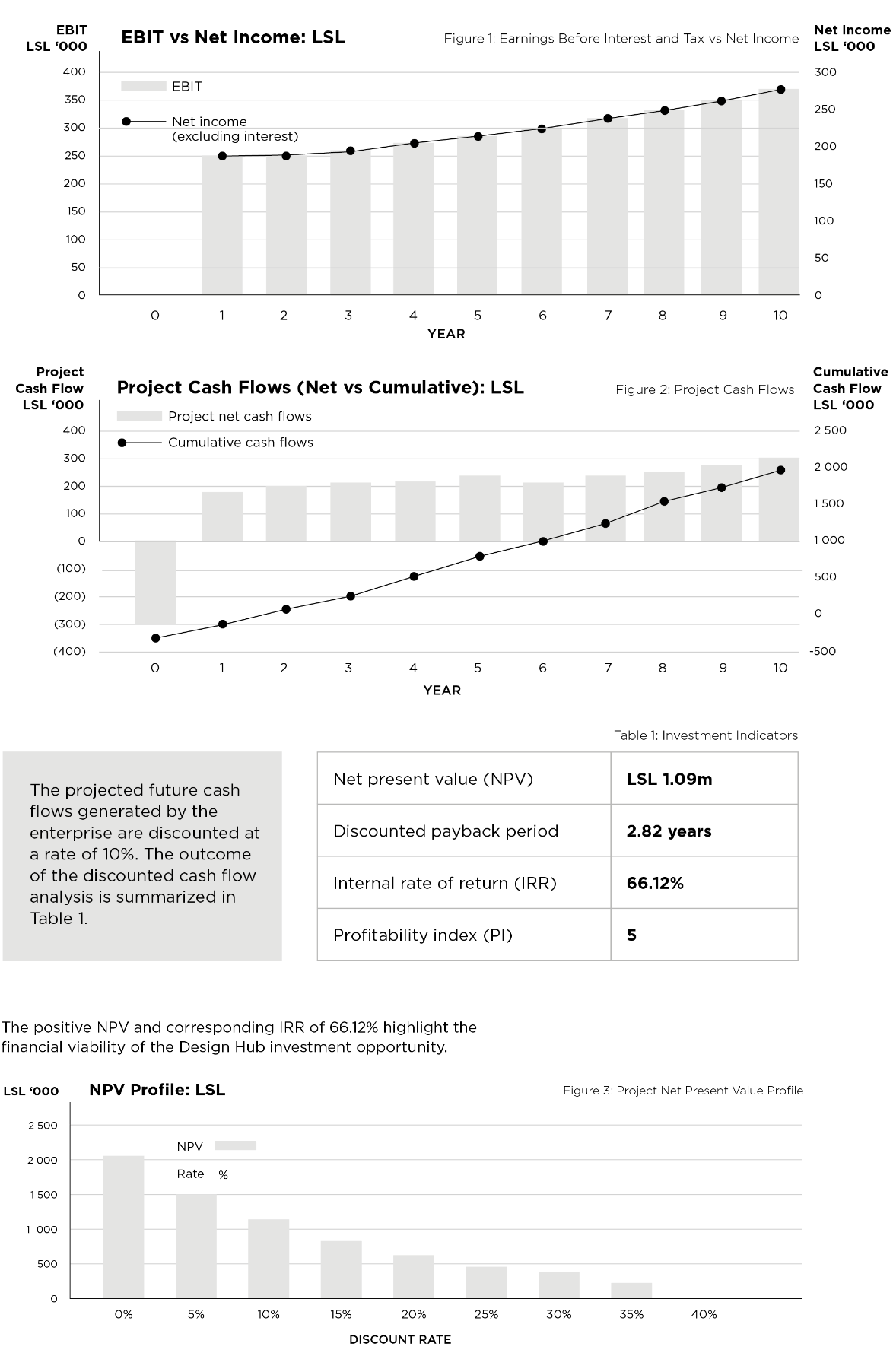
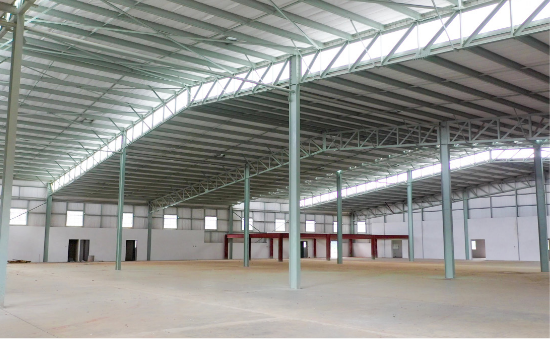
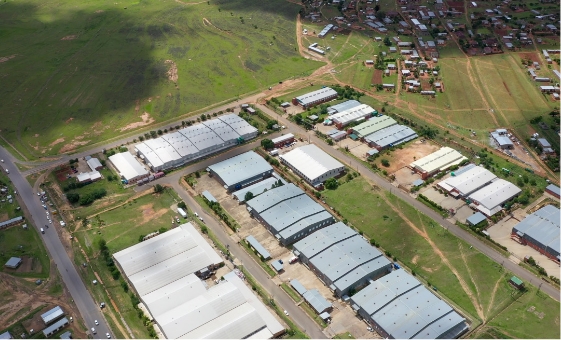
For more information please contact:
MS. PHOMOTSO MAJODINA
General Manager (a.i)
Investment and Trade Promotion Unit
Lesotho National Development Corporation
Email: [email protected]
MS. MABATAUNG TSINYANE
Manager: Investment Promotion, Manufacturing
Lesotho National Development Corporation
Email: [email protected]
MS. MAKOPANO MOSAKENG
Officer: Investment Promotion, Manufacturing
Lesotho National Development Corporation
Email: [email protected]
MR. TSEPISO MOFOLO
Officer: Investment Promotion, Manufacturing
Lesotho National Development Corporation
Email: [email protected]
